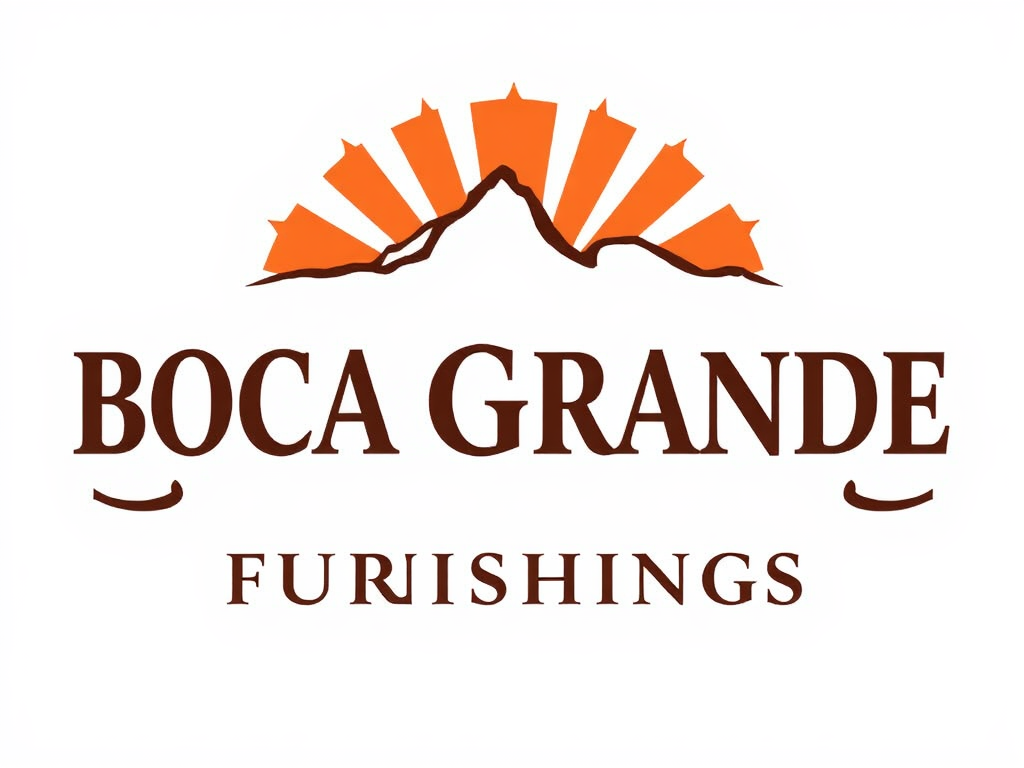Impact of Home Swimming Pools on Property Value
Adding a home swimming pool often boosts a property’s market appeal, but the actual property value increase varies widely. Studies indicate that well-maintained pools can enhance resale prices by approximately 5% to 8%, depending on factors like location and pool features. When buyers envision enjoying leisure and lifestyle benefits, their interest typically grows, making homes with pools more marketable in warmer climates.
The ROI pool installation depends heavily on local demand and the quality of the pool. For example, in regions where pools are common and desired, pool installation may yield a higher resale value, often recovering most of the initial expenditure. Conversely, in colder areas where pools are less functional year-round, the return is usually lower, and some buyers might even see pools as maintenance burdens.
Also to discover : What Factors Should You Consider When Deciding on a UK Home Swimming Pool?
From a buyer’s perspective, a pool signals an upgraded lifestyle and can differentiate a property in a competitive market. However, this increased buyer interest must be balanced against ongoing maintenance and operational costs. Overall, when done thoughtfully, installing a pool can be a strategic way to elevate a home’s property value and attract more potential buyers.
Key Factors Affecting Property Value Enhancement with Pools
Location is a decisive factor in the property value increase linked to a home swimming pool. In warm climates, where outdoor activities are year-round, pools significantly elevate market appeal and contribute more to resale value. Conversely, in cooler regions, the ROI pool installation often diminishes due to limited usability, reducing buyer enthusiasm.
Also read : Transform your uk home swimming pool: creative strategies to harness rainwater for maximum efficiency
The type of pool also affects value. Inground pools generally boost property value more than above-ground options, which are perceived as temporary or less aesthetically pleasing. This distinction is crucial when evaluating potential home swimming pool value gains.
Size and design further impact the property’s selling points. Larger pools with appealing shapes and modern designs tend to attract higher premiums. Well-designed pools that harmonize with the home’s architecture and landscape enhance buyer interest and justify a greater property value increase. Quality finishes and unique features elevate perceived luxury, increasing ROI during resale.
Understanding how pool type impact, location influence, and pool size and design effects interplay helps homeowners strategically optimize their pool investments, maximizing both functional enjoyment and financial return.
Impact of Home Swimming Pools on Property Value
A home swimming pool value generally adds appeal and can significantly influence a property’s resale price. Studies show that installing a pool typically results in a property value increase ranging from 5% to 8%, though this varies by market conditions and location. This increase is primarily driven by buyer interest: pools often evoke lifestyle benefits that attract purchasers eager for leisure amenities.
The ROI pool installation is largely dependent on how the pool enhances a home’s marketability. For instance, in areas where pools are highly sought after, the pool can be a compelling selling point that differentiates the property amidst competition, potentially accelerating the sale process and commanding a higher price.
Consumer perception matters, too. Many buyers view a pool as an upgrade, signaling comfort and recreation opportunities. This perception translates into a tangible property value increase when marketed well. However, the appeal hinges on pool condition and integration with the home’s design to ensure it enhances, rather than detracts from, overall value.
In summary, the impact of a home swimming pool value on resale depends on buyer preferences, market trends, and how effectively the pool installation delivers a desirable lifestyle upgrade.
Impact of Home Swimming Pools on Property Value
A home swimming pool value often translates into a noticeable property value increase, but quantifying this impact requires careful analysis. Studies commonly report an average resale value uplift between 5% and 8% for homes with pools, although this figure can vary significantly based on market conditions and pool quality. Buyers tend to show heightened interest in properties featuring pools due to the added lifestyle and leisure appeal, which directly enhances marketability.
How does the presence of a pool influence buyer behavior? Pools act as desirable amenities, particularly in warmer climates or affluent neighborhoods, where outdoor living is highly valued. This demand boosts the ROI pool installation, making the initial cost more justifiable. However, the actual return depends on buyer demographics, local pool prevalence, and the pool’s integration with the property.
Case studies illustrate that homes with well-maintained, visually appealing pools often sell faster and at higher prices compared to comparable properties without pools. Importantly, not all pools guarantee a positive home swimming pool value effect; poor design or high maintenance burdens can detract from overall appeal and diminish potential property value increase. Thus, assessing regional market trends and buyer preferences is critical for maximizing the financial benefits of pool installation.
Impact of Home Swimming Pools on Property Value
A home swimming pool value significantly influences a property’s resale price, with studies indicating an average property value increase of 5% to 8% when a well-maintained pool is present. This ROI pool installation effect is strongest in regions where pools are sought-after lifestyle amenities, such as warmer climates or affluent neighborhoods. Pools attract buyers by enhancing outdoor living appeal, often making a property more marketable and generating increased competition among purchasers.
Statistical analyses reveal that homes featuring pools tend to sell faster and command higher premiums than comparable properties without pools. Case studies support these findings, showing that buyers perceive pools as recreational upgrades, contributing directly to a notable property value increase. Importantly, the home swimming pool value is sensitive to pool quality, condition, and integration with the overall home design; poorly maintained or outdated pools can diminish buyer interest and reduce potential ROI.
Ultimately, the presence of a pool shapes buyer behavior by signaling lifestyle benefits. Understanding how a ROI pool installation translates to market demand and resale value helps homeowners make informed decisions to maximize the financial and enjoyment benefits of adding a swimming pool.
Impact of Home Swimming Pools on Property Value
A home swimming pool value generally leads to a notable property value increase, often ranging between 5% and 8%, according to multiple studies and case analyses. This increase stems from enhanced marketability and buyer appeal, particularly in regions where outdoor leisure is highly prized. Pools serve as lifestyle upgrades that make homes more competitive in the resale market.
How exactly does a pool influence buyer interest? Data shows that properties with pools attract more attention and tend to sell faster than those without. The presence of a pool often signifies added recreational options, prompting buyers to perceive higher overall worth. This buyer enthusiasm drives up final sale prices, effectively raising the ROI pool installation over time.
Real estate case studies confirm that homes with aesthetically pleasing and well-maintained pools enjoy higher premiums. However, the magnitude of the property value increase depends on factors like pool condition, integration with home design, and local demand. Nonetheless, consistent trends reveal that adding a pool typically enhances both buyer appeal and financial returns, reinforcing its role as a valuable home investment.
Impact of Home Swimming Pools on Property Value
A home swimming pool value typically results in a measurable property value increase, frequently cited between 5% and 8%. What drives this uplift? Pools attract buyer interest by offering enhanced outdoor recreation and lifestyle appeal, especially in warm climates or upscale neighborhoods. This heightened demand improves marketability, often shortening listing times and increasing sale price competitiveness.
Statistical data underscore these trends. Case studies confirm that homes with well-maintained pools sell at a premium compared to similar properties lacking this feature. Buyers frequently perceive a pool as a desirable upgrade, boosting perceived overall home worth. The ROI pool installation is strongest when the pool integrates well with the home’s aesthetics and meets local buyer expectations.
Moreover, the presence of a pool influences buyer behavior by signaling an investment in comfort and leisure, which can differentiate a property in competitive markets. However, the effectiveness of the pool in driving a property value increase depends on factors such as pool condition, design quality, and alignment with regional preferences. With these considerations, a pool can serve both as a functional asset and a strategic financial enhancement.


